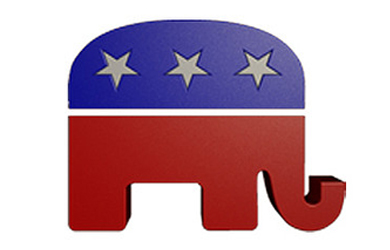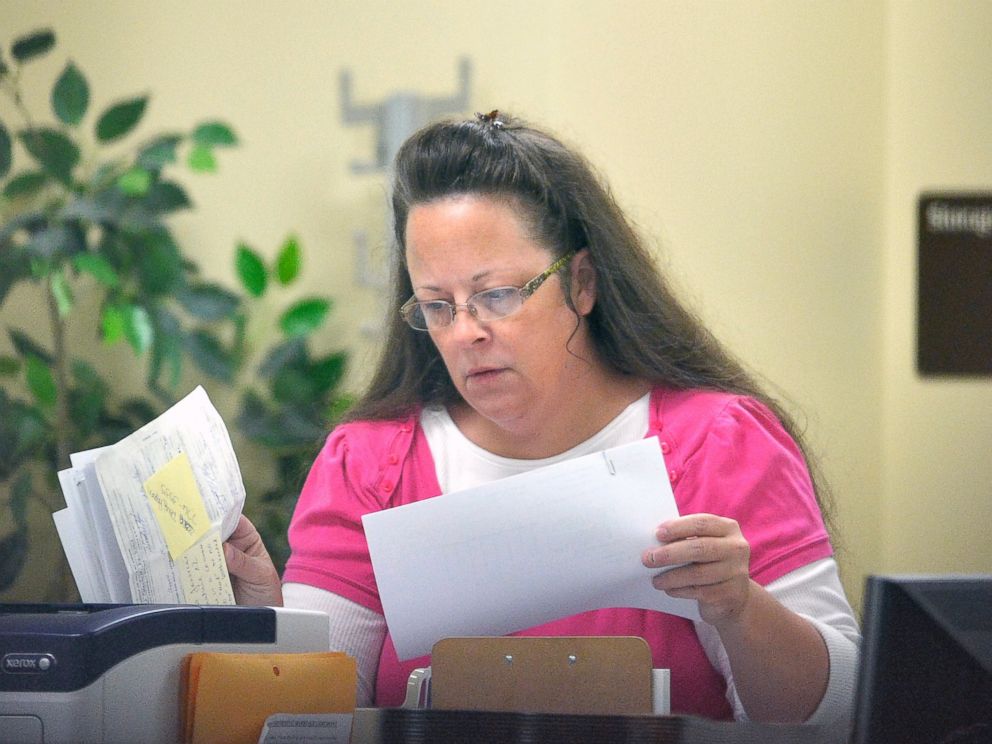I am somewhat reluctant to bring this up again, mainly because it no longer seems to be newsworthy … but since that sort of proves the point I am trying to make, I feel compelled to revisit the “controversy” over the “anti-religious” provision that was included in the economic stimulus bill.
As we chronicled in depth a few weeks ago, the Religious Right was beside itself over a provision that they claimed would prohibit religious groups from using any university facility that is renovated or repaired with stimulus funding, which is blatantly untrue.
After Sen. Jim DeMint failed to get the provision stripped from the bill, the Right screamed and yelled about this “discriminatory” and “anti-Christian” provision and threatened to “challenge this provision in federal court by filing suit.”
Yet the provision ended up in the final bill that was signed into law by President Obama in February and, since then, nobody on the Right has said anything about it.
If it really is an unconstitutional provision that would punish “schools that allow spiritual activities in their facilities” and “confiscate the funds of both Christians and non-Christians and use them to force compliance with their anti-Christ agenda,” as they claimed, then why aren’t they challenging it in court? More importantly, why have they all stopped talking about it?
Probably because they know that everything they were saying about this provision was simply untrue:
Tobin Grant, an associate professor of political science at Southern Illinois University, cites a 1971 Supreme Court decision in a recent article on Christianity Today. That ruling, Tilton v. Richardson, says that grants under the Higher Education Facilities Act of 1963 for non-religious school facilities do not violate the Establishment Clause of the First Amendment, which states that “Congress shall make no law respecting an establishment of religion.”
According to Dr. Richard Yanikoski, president and CEO of the Association of Catholic Colleges and Universities, the provision limiting government funds to non-sectarian facilities is “nothing new and already the current practice when the federal government provides funding.”
The funds can be used “for an education building or a science building but it cannot include explicit religious purposes,” adds Dr. Yanikoski. “This is the government’s interpretation of the separation of church and state…. certainly it is the case that in Catholic campuses, there are buildings of a religious nature… we would not expect the government to be funding that. Schools [looking to repair those buildings] will have to find funding from some place other than the government.”
Grant similarly says in his article that the restriction is nothing unusual and has been part of federal policy in education funding for four decades.
“Nearly all buildings at religious colleges and universities would qualify for funding. The only facilities that would not qualify are chapels, church buildings, and others that are most often used for explicitly religious purposes. The key is to define the primary purpose of a facility. If its purpose is religious teaching or worship, then the building is ineligible. If the facility is used for classes, housing, or study, however, then it can be renovated using funds from the stimulus bill,” he adds.
Of course, this is exactly what we were pointing out at the time that the Right was screeching about this provision, but it didn’t stop them from using it to rally their troops and gin up opposition to the legislation.
The ACLJ was the leading force behind this effort and declared that “unless this provision is removed from the final stimulus package, we’ll be in federal court challenging this discriminatory measure.”
Well, it has now been two weeks since Obama signed it into law and the ACLJ has not only not filed suit but has been utterly silent. In fact, if you were relying on them to know what happened with the provision, you’d be under the mistaken impression that it was actually cut from the final version of the bill.
Apparently, the ACLJ thinks that it can set off this sort of phony controversy over a supposedly unconstitutional and discriminatory provision and whip its Religious Right allies into a frenzy of accusations and victimization to such an extent that it ends up on the floor of the US Senate, and then fall silent once everyone has figured out that they were lying all along.
And, actually, there is good reason for them to think that they can do just that – primarily because ginning up bogus controversies has been the Religious Right’s standard operating procedure for the last twenty-plus years.








